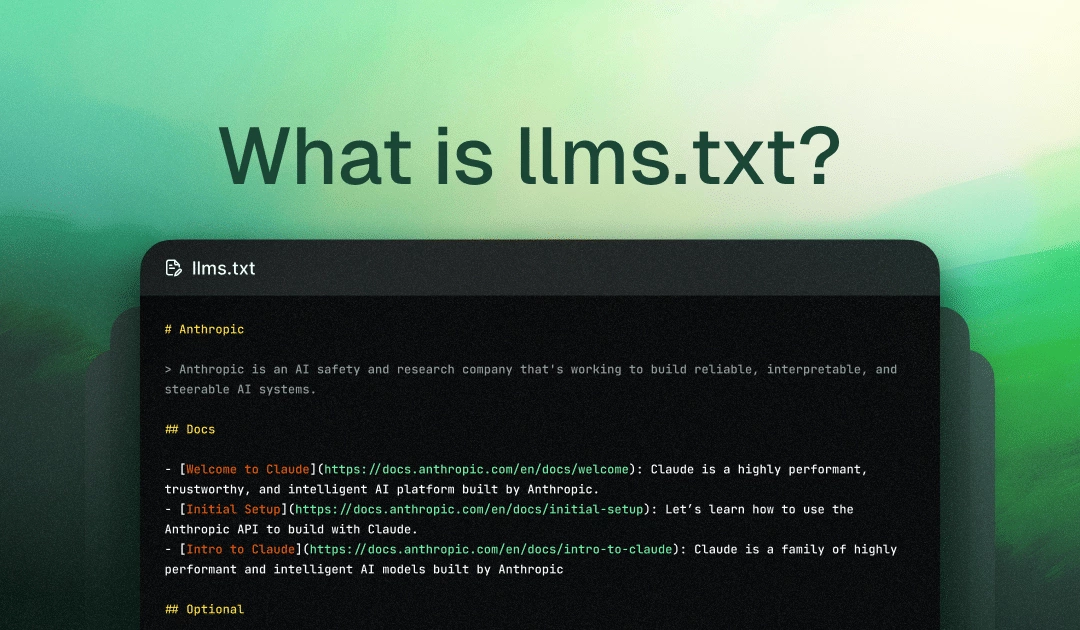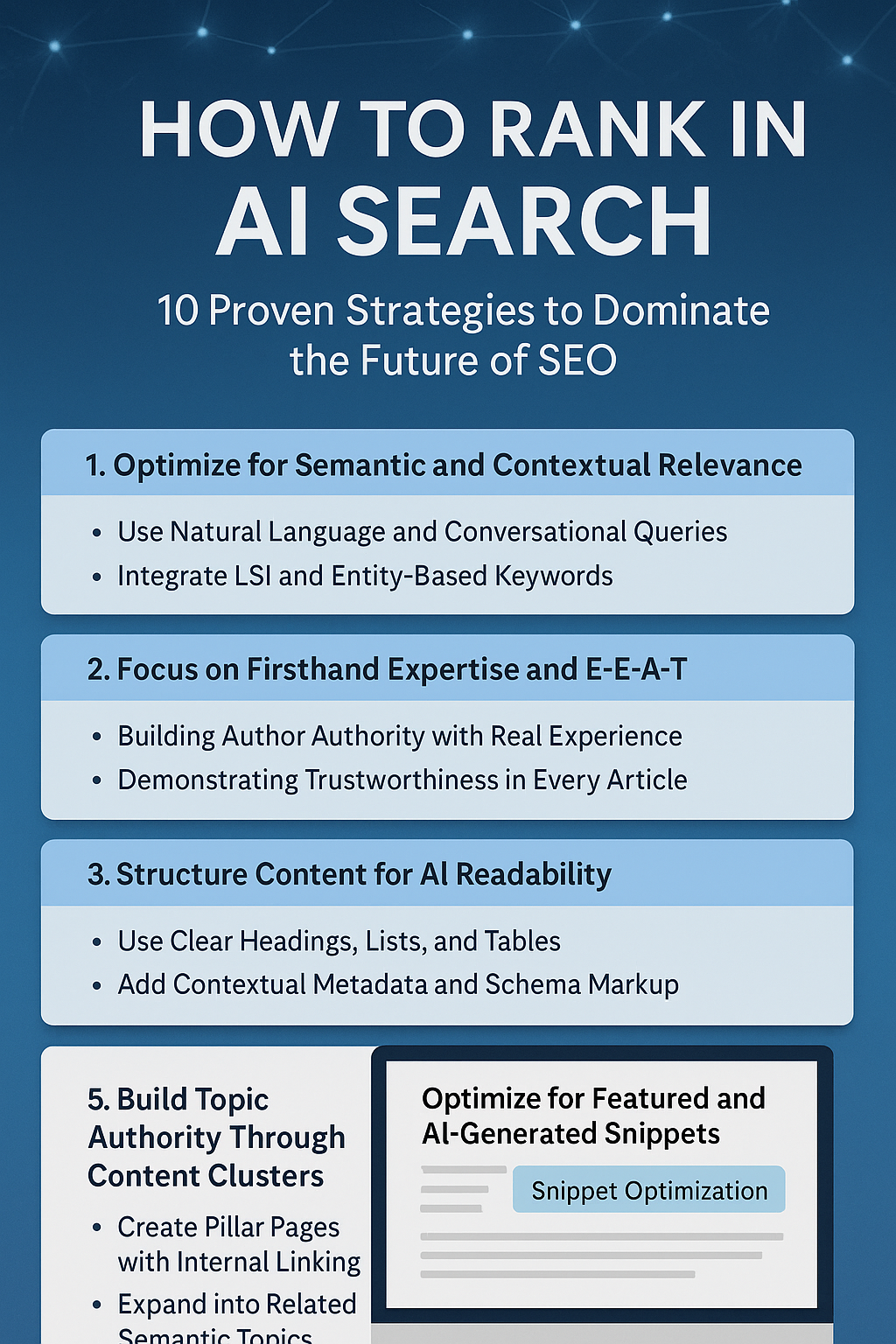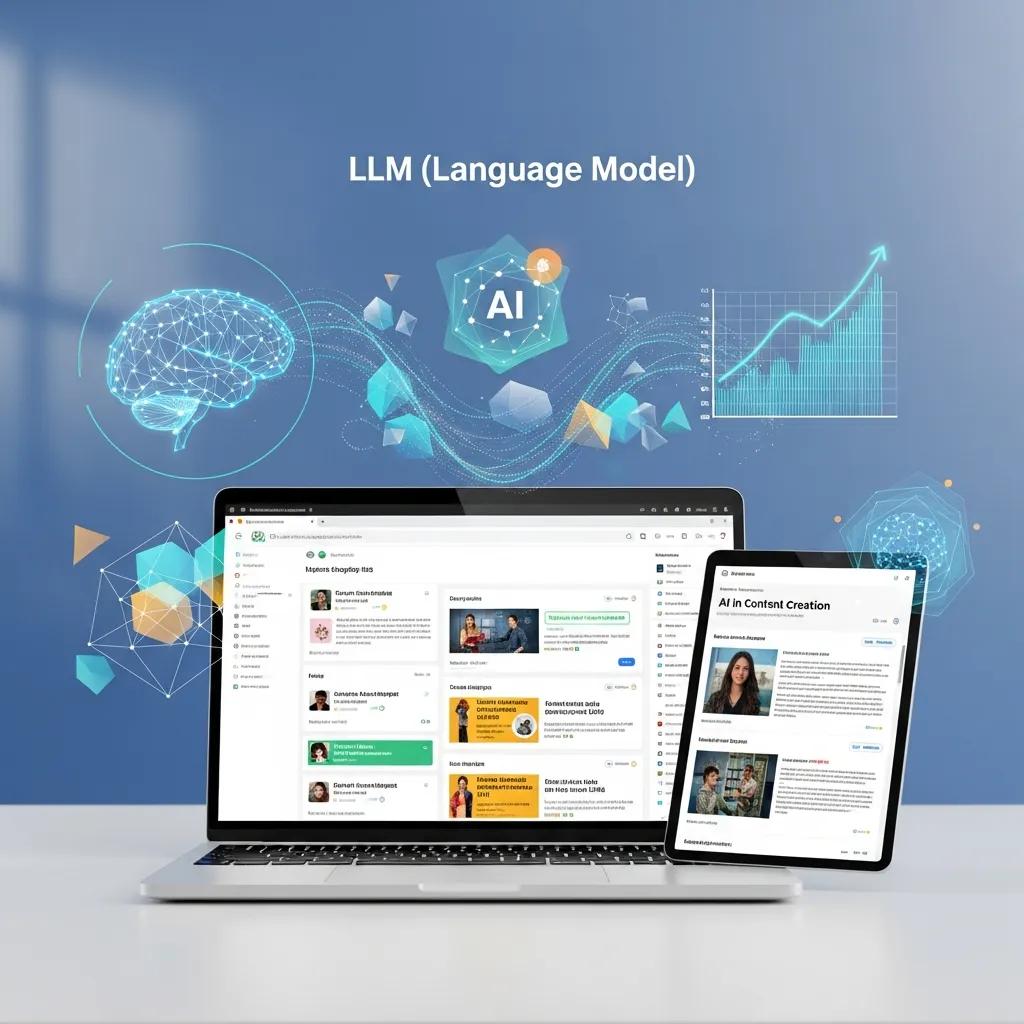
If you've recently run a technical SEO audit or poked around a website’s root files, you may have noticed a strange-looking file called llms.txt.
Not to be confused with robots.txt or sitemap.xml, this file has started to appear on various sites, raising eyebrows among developers, SEOs, and website owners.
So what is it, why does it exist, and do you actually need it? Let’s explore the facts, the myths, and what Google and other search engines really expect in 2025.
First, Let’s Clear Something Up: It’s llms.txt, Not LMS
Many confuse “llms” with “LMS” (Learning Management System), but in the context of llms.txt, the file is:
-
Located in the root directory of a website (e.g.
example.com/llms.txt) -
Used as a machine-readable resource declaration file
-
Not officially documented by Google (as of this writing)
What Does This File Actually Do?
In theory, an llms.txt file is:
A plaintext file that lists licensed learning modules, machine-readable training data references, or AI-related datasets used on a website.
It’s mostly seen in contexts involving:
-
AI model transparency declarations
-
Websites offering educational AI content
-
Web platforms building or hosting language models
Why Are SEOs Seeing It in 2025?
-
Emerging AI Governance Policies
-
Search Engines Testing Transparency Models
-
Plugins and Auditing Tools Flagging It Prematurely
Do You Need One?
Short answer: No, not yet.
For most sites—especially small businesses, blogs, ecommerce stores, or agencies—you can safely ignore it for now.
What to Include (If You Want to Create One)
# llms.txt — AI Dataset Declaration
dataset: https://example.com/my-ai-training-data
license: CC BY 4.0
provider: [BKThemes](https://bkthemes.design)
access: public
purpose: research
opt-out: false
How Is It Different from Robots.txt?
| Feature | robots.txt | llms.txt |
|---|---|---|
| Purpose | Control crawler access | Declare AI/data usage |
| Standardized | ✅ Yes | ❌ Not yet |
| Required by Google | ✅ Yes | ❌ No |
| Affects [SEO](https://bkthemes.design/seo)? | ✅ Definitely | ❌ Not currently |
| File path | /robots.txt | /llms.txt |
Should You Monitor This Trend?
Absolutely. While llms.txt may seem irrelevant now, it represents the future of AI transparency on the web.
If You're a Developer or SEO Pro
-
Add a placeholder
llms.txtif your site distributes AI-generated or training content -
Monitor updates from Google’s AI content guidelines
-
Use
robots.txtand meta tags to explicitly block or allow AI bots -
Follow orgs like Partnership on AI and AI Index for policy developments
Final Thoughts: To Use or Not to Use?
In 2025, an llms.txt file is not mandatory, not officially supported, and not something most website owners need to worry about.
But the SEO landscape is evolving. Just as schema markup, Core Web Vitals, and mobile-first indexing once seemed optional—they became standard.
So if you’re curious, proactive, or operating in the AI content space, adding an llms.txt file could be a low-risk, forward-thinking move.
✨ Want Help Auditing Your Site’s AI Readiness?
Whether you run a SaaS, theme marketplace, or educational site, we can help you:
-
Set up AI transparency files
-
Optimize schema, robots.txt, and technical SEO
-
Future-proof your content structure
👉 Reach out to <a href="https://bkthemes.design for expert support and fast-loading, SEO themes built for 2025 and beyond.
📧 Stay Updated
Get the latest web development tips and insights delivered to your inbox.




